Market Share
South Africa AdBlue Oil Market Share Analysis
In the competitive landscape of the South Africa AdBlue Oil Market, companies deploy various market share positioning strategies to establish their presence and gain a competitive edge. One prevalent strategy is differentiation, where companies focus on unique features or benefits of their AdBlue oil products. By offering superior quality, environmentally friendly formulations, or innovative packaging, companies aim to stand out and capture a larger share of the market. Moreover, pricing strategies play a crucial role in positioning. Some companies opt for premium pricing, targeting customers who prioritize quality and are willing to pay more. Others may adopt a penetration pricing strategy to quickly gain market share by offering competitive prices. Distribution channels also contribute significantly to market positioning. Companies may focus on expanding their distribution networks to reach a wider audience or concentrate on exclusive partnerships to enhance their brand image. Additionally, marketing and advertising efforts play a vital role in shaping market positioning. Companies invest in effective promotional campaigns to build brand awareness, communicate product benefits, and influence consumer perceptions. Utilizing various platforms such as digital marketing, social media, and traditional advertising channels, companies strive to differentiate themselves and establish a strong market presence. Furthermore, strategic partnerships and collaborations can bolster market positioning. By teaming up with industry influencers, automotive manufacturers, or environmental organizations, companies can enhance their credibility and reach a broader customer base. Additionally, investing in research and development to innovate and stay ahead of competitors is crucial for long-term market positioning. Companies that continuously introduce new technologies, improve product efficiency, or develop sustainable solutions are likely to gain a competitive advantage and maintain market leadership. Moreover, customer service and support play a pivotal role in shaping market positioning. Providing exceptional customer experiences, offering timely assistance, and addressing customer feedback can enhance brand loyalty and differentiate companies from their competitors. Lastly, monitoring market trends, competitor actions, and consumer preferences is essential for adapting positioning strategies effectively. Companies that remain agile and responsive to changes in the market landscape can seize opportunities and maintain a competitive position in the South Africa AdBlue Oil Market. In conclusion, market share positioning strategies in the South Africa AdBlue Oil Market encompass differentiation, pricing, distribution, marketing, partnerships, innovation, customer service, and market intelligence. By employing a combination of these strategies, companies can effectively position themselves, gain market share, and sustain long-term success in the dynamic and competitive market environment.
The South Africa AdBlue Oil Market is growing at a rapid pace. Some of the main reasons that are contributing to the increased South Africa adblue oil market demand include the increase in vehicle parc, and high growth in the sales of commercial as well as passenger vehicles. An in-depth South Africa adblue oil market overview has been presented by conducting market analysis, competitive evaluation and value chain analysis. The impact of COVID-19 pandemic has also been examined in the report.


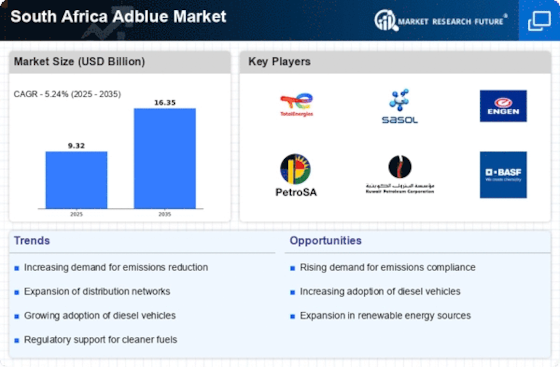

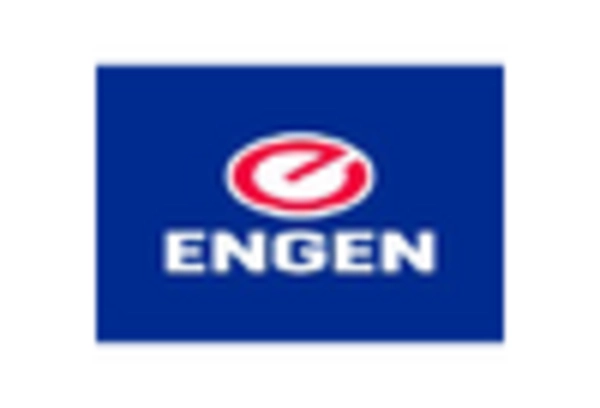
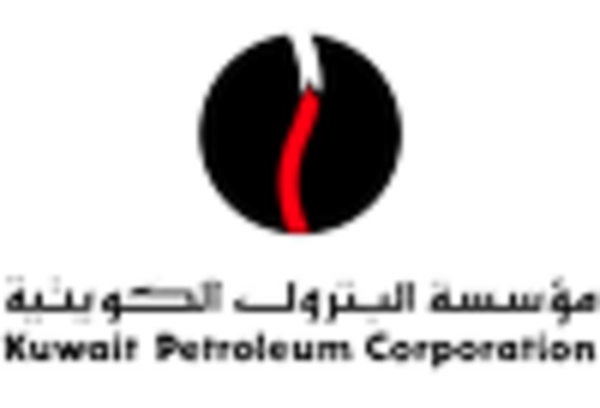
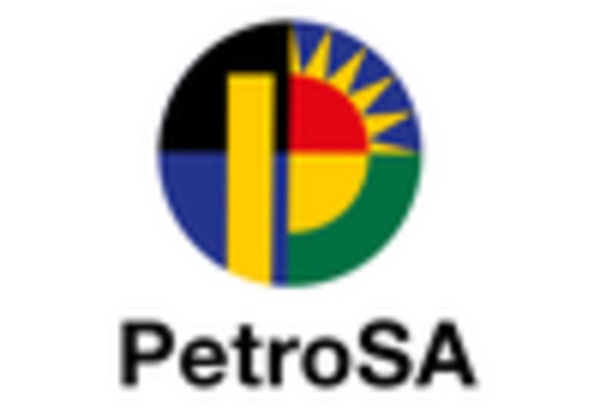
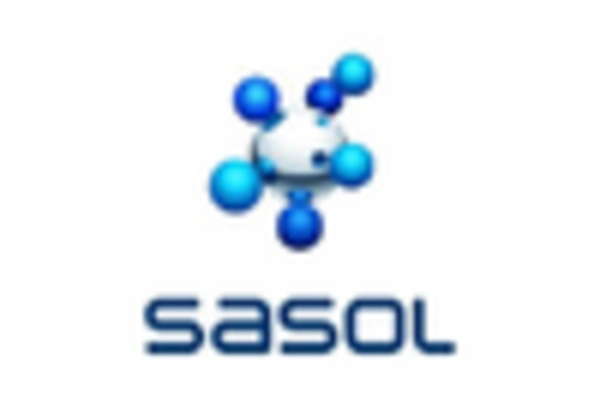










Leave a Comment